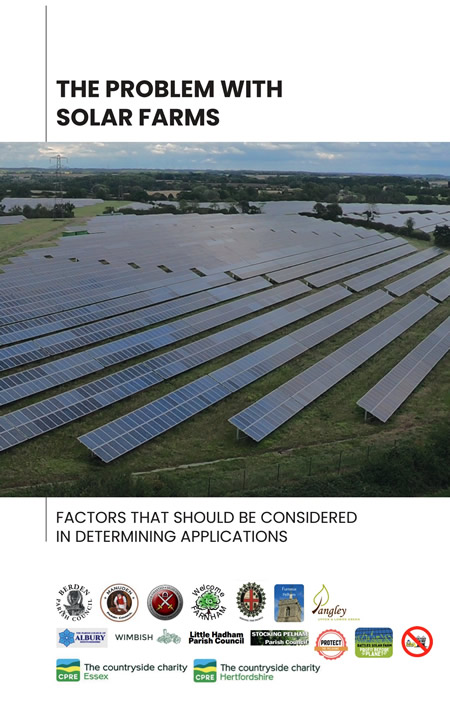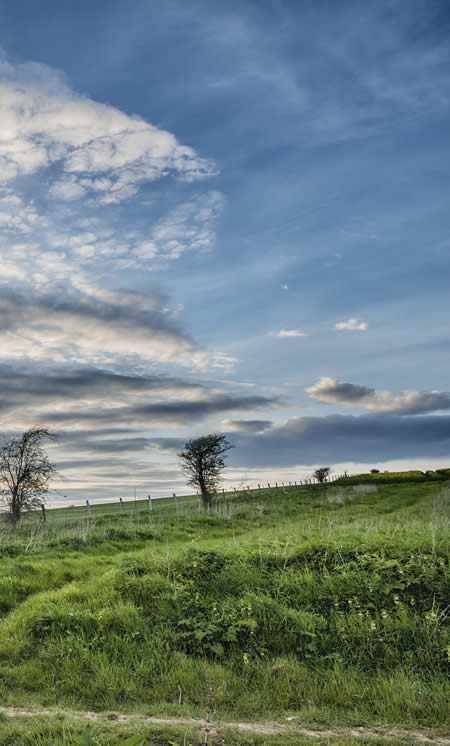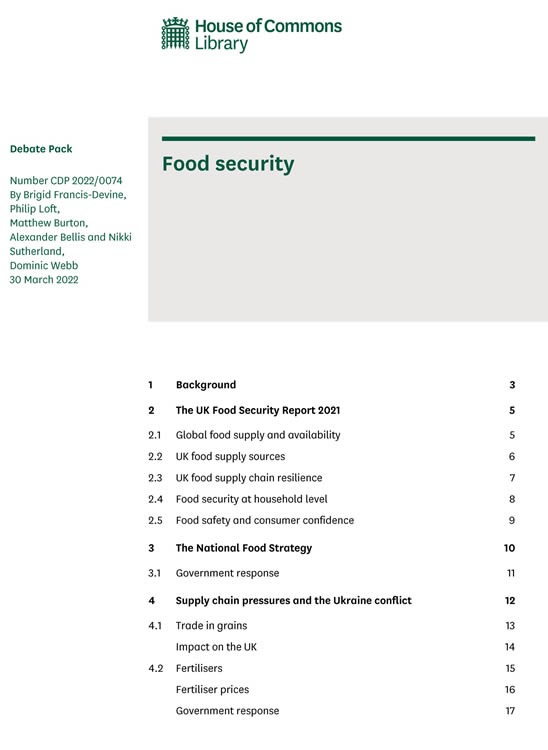Reports and Statements About Solar Panels

The Rising Concern of Noise Pollution from Solar Farms in the UK
As the UK continues its transition towards renewable energy sources, solar farms have become increasingly prevalent across the landscape. These large-scale installations of photovoltaic panels offer a clean and sustainable alternative to fossil fuels. However, alongside their numerous benefits, solar farms have raised concerns among local communities, particularly regarding noise pollution. While often considered a silent technology, solar farms can generate noise from various components, leading to growing scrutiny and calls for better regulation and management.
This article published on Linkedin by the same company that has been responsible for the Preliminary Ecological Appraisal submission by the applicant sets out some of the importance noise issues that we are likely to face – especially those in closest proximity to the development.
View Here

Ground-mounted solar power: 8 uncomfortable truths
More than 88,000 acres of countryside – much of it fertile farmland – are being targeted for conversion to solar power production. Individual ‘mega’ schemes cover thousands of acres.
However, not only is ground-mounted solar is a hugely inefficient use of land, but much of the development is being undertaken not by those with a desire to see net zero targets achieved but by those seeking to make substantial profits irrespective of the landscapes they damage, the farming land they destroy or the legacy of rusting panels that they will inevitably leave behind.
This factsheet from the UK Solar Alliance sets out some of the issues that we face.
View Here

CPRE-ESSEX POLICY STATEMENT IN REGARD TO SOLAR FARMS
Meeting our energy goals should not be used to justify the wrong development in the wrong location and this includes the use of high-quality land. Protecting the global environment is not an excuse to trash the local environment.
The use of ‘best and most versatile’ agricultural land (Grades 1, 2 and 3a) for solar farms should be avoided in all circumstances and the redevelopment of brownfield sites for solar farm use is, in principle, to be encouraged.

The Problem with Solar Farms – Factors that should be considered in determining applications
A collaborative document produced by CPRE Essex and other groups outlining the problems with solar farms and highlighting some of the significant issues that can arise.
Highlights a statement by Rt Hon Robert Jenrick MP, then Secretary of State for Housing, Communities and Local Government, that “local planning authorities are asked to encourage re-use of brownfield land provided that it is not of high environmental value, to recognise the character and beauty of the countryside”.

Policy Statement with Regard to Solar Farms – by CPRE Essex
Meeting our energy goals should not be used to justify the wrong development in the wrong location and this includes the use of high-quality land. Protecting the global environment is not an excuse to trash the local environment.
CPRE Essex – https://cpressex.org.uk/


House of Commons Report on Food Security


